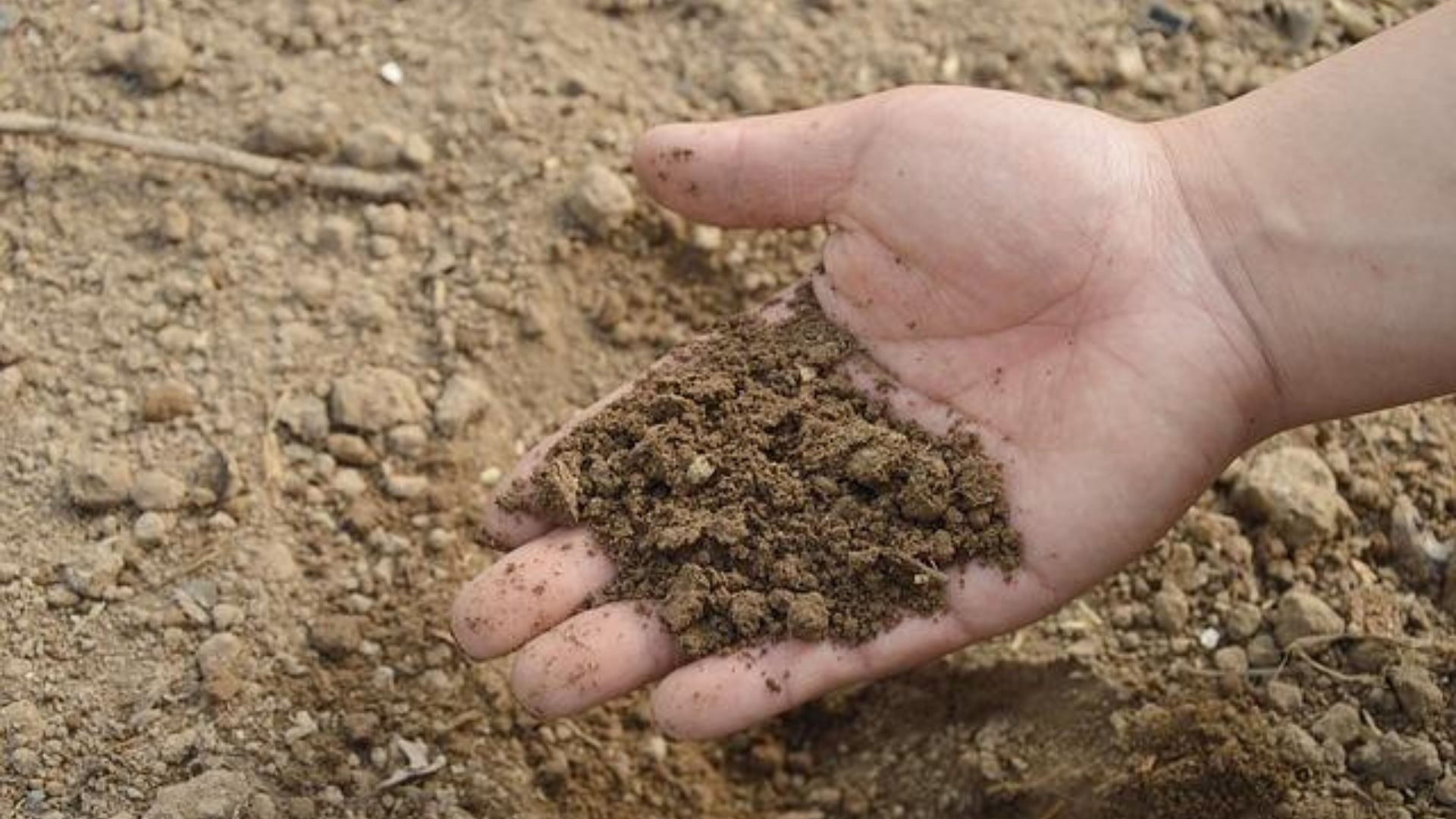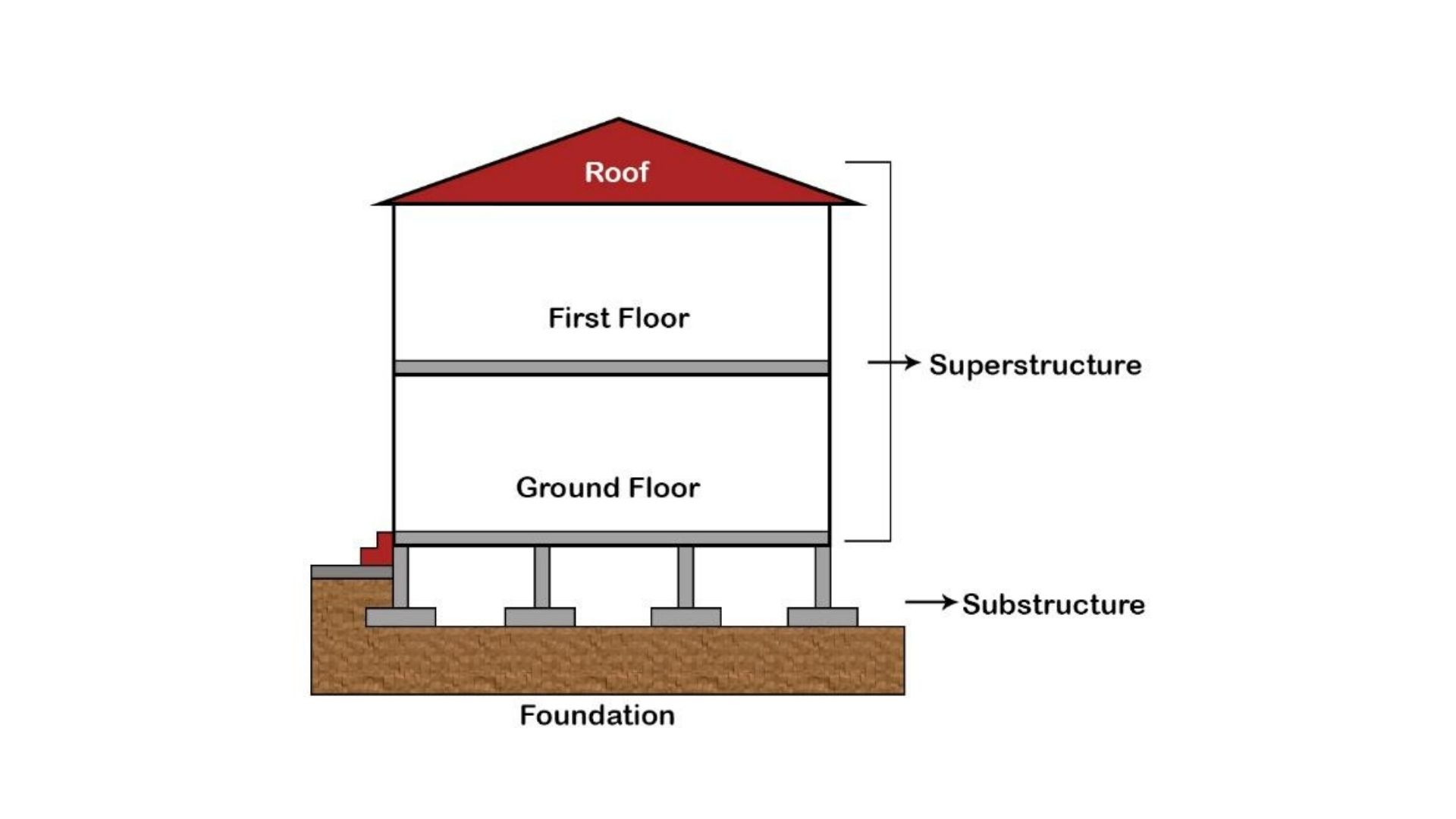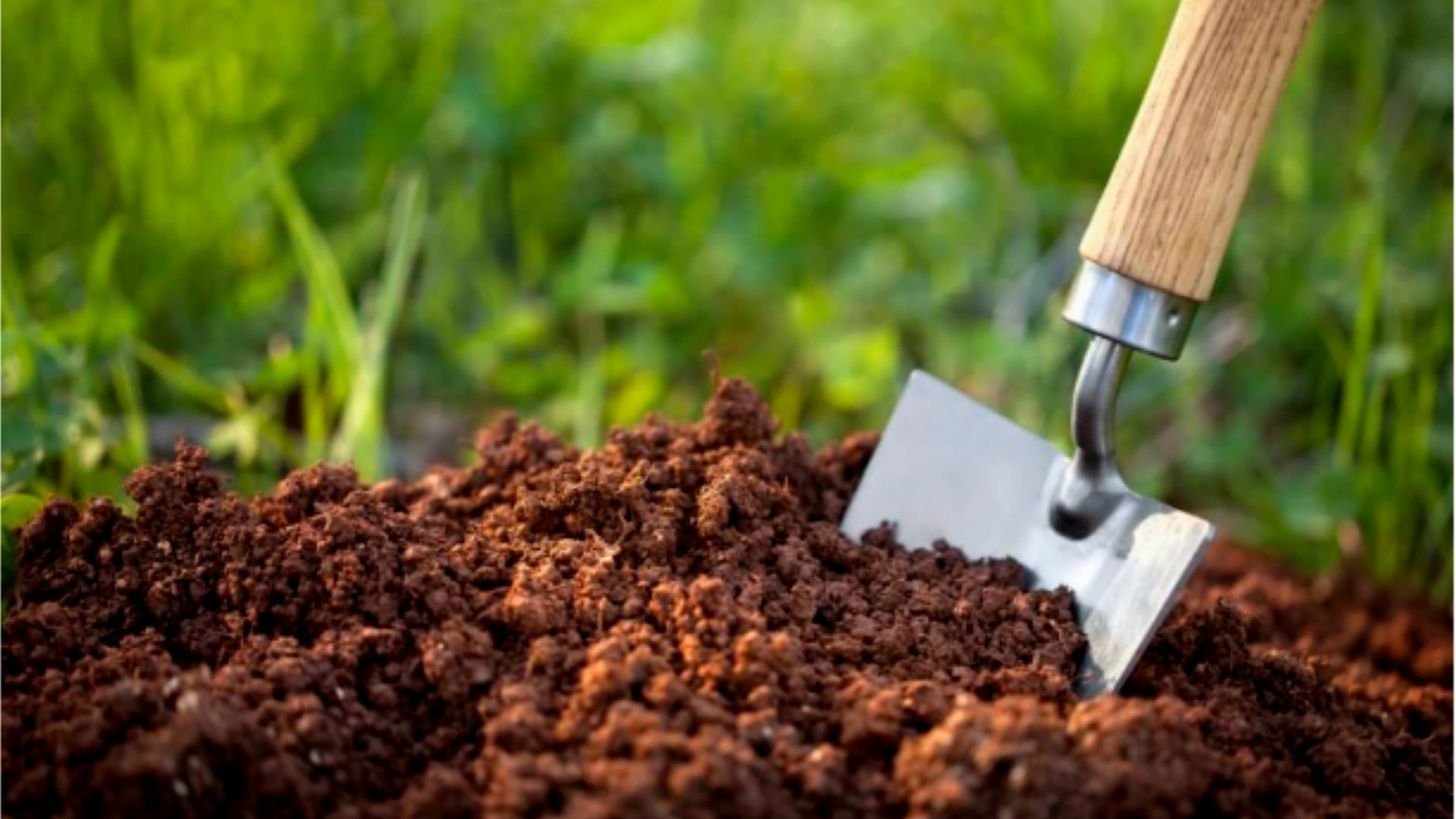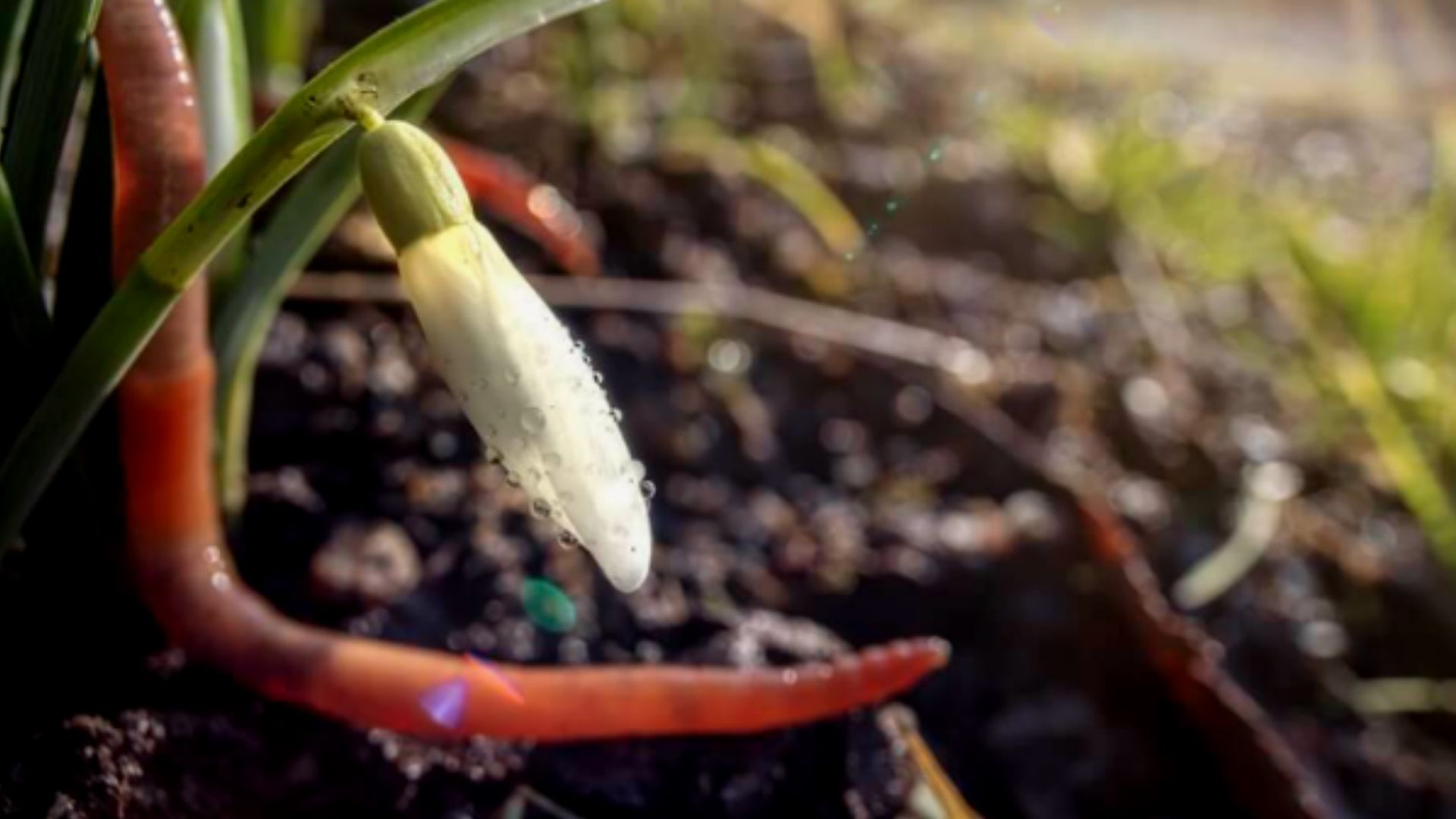In our previous article, we have discussed different factors necessary for the selection of the site. It is important to note here that in today’s situation where land is scarce; it is rare to find a plot which is Vastu perfect. In this context, the golden rule we should follow is to assess the merits and demerits of the plot and if the merits are more than the demerits, we should go in for the plot.

A decision regarding purchase of land should be taken, keeping all attributes in mind. It is seen that many people reject South or West facing houses or plots only based on the direction they are facing. This is not advisable. In addition to direction, there are other attributes like the soil, location of water source, the internal layout of the house, factory or office. The buyer must analyse the property, keeping in mind all the major factors and then only decide whether to reject or purchase it. It is the right proportion of each element in your environment that enhances the vibrations and leads to mental, physical and emotional well-being.
In ancient India, most of the important decisions were taken based on the type of work that one does, i.e. the caste to which a person belonged, as this was the on criteria which was prevailing then. The differentiation was made solely based on it, be it the education, or the type of work, usage of the public areas or even the selection of the soil as per Vastu shastra. The top class was given the privilege of getting educated, going to the temples, using the public areas, etc. Similarly, the selection of the plot was also done as per the caste. During the ancient days, the soil was also divided into Brahmin, Kshatriya, Vaishya and Shudra categories based on colour, taste and smell of the soil. White soil was considered good for the Brahmans, red for the Kshatriyas, yellow for the Vaisyas and black for shudras. Soil, which is white, reddish or yellow, has a sweet smell and is fertile, is considered very auspicious for residential and commercial purposes. The soil, which is black, has bad odour and tastes bitter is considered inauspicious.

Vastu advocates examination of soil to check the strength of the soil as it has to bear the full weight of the structure and withstand forces of nature like flood, wind and earthquakes, etc.
The strength of a building lies in its foundation. The main purpose of the foundation is to hold the structure above it and keep it upright. On the contrary, a poorly constructed foundation can be dangerous to the occupants and the neighbourhood. With high-rise buildings touching the sky these days, it has become important to have strong and stable foundations.
Why do we need a foundation? A foundation plays three major roles in the construction of a structure.

A good and strong foundation keeps the building standing while the forces of nature wreak havoc. Well-built foundations keep the occupants of the building safe during calamities such as earthquake, floods, strong winds, etc. The foundation must be built such that it keeps the ground moisture from seeping in and weakening the structure.
The foundation must be able to withstand the “dead” load and “live” loads. The dead load is the weight or the load of the basic structure itself. This is called dead load, as it remains constant. On the other hand, the live load is the weight of the people and other objects that they bring with them. The foundation must be firm and must be able to channel the weight of the entire building to the ground. If the soil under a building is not stable, the foundation of the building could crack, sink, or worse–the building could fall! The strength and stability of soil depends on its physical properties.
Vastu works in earlier times stressed on the importance of quality of soil as one of the fundamental factors while selecting land for construction. According to Vastu Shastra, the site soil decides the type of foundation for the building and, therefore, the cost. Some soils are good for holding a regular foundation, while others may require specially designed (and more expensive) pile foundations.
Vastu Shastra lays down guidelines to help in the Selection of a site with the ideal 'Soil'. Since Vastu Shastra is a science, every guideline is based on logic and reasoning. I have attempted to explain each of these guidelines rationally and scientifically under the following headings, so that the end user can decide what they want to follow.
What is the ideal type of soil for a site according to Vastu Shastra?

Fertile land which is good for cultivation: Agriculture was the main source of food in ancient times. Therefore, while considering a land for building a house, it was taken into account that the land should be fertile. The same criterion was taken forward by Vastu Pandits, so while purchasing land, it is best to buy land that can be cultivated, i.e., where vegetation can grow.
The Logic Reasoning- There are different types of soil based on the colour- brick red, dark brown, white, red, yellow, black, etc. Generally, the soil which is good for cultivation like red, brick red, brown, yellow soil etc is also good for the foundation of a building. Whereas black and clayey soil, which is not good for cultivation, is also not good for buildings as it retains water and can cause dampness to the foundation.
Avoid a site with black and clayey soil: The site which has black and clayey soil is not considered good.
The Logic Reasoning- Black soil indicates soil that retains water and doesn't allow good drainage. It is best to avoid such a site because it will require a special kind of foundation and waterproofing, which will cost many times more than the usual foundation.
Avoid rocky soil: Land with too many rocks and thorny trees is not considered good.
The Logic Reasoning- The main reason for this is that it may be an indication that there is rock below which will have to be blasted out before laying the foundation, resulting in unexpected expenditure, hence should be avoided.
Avoid land with a lot of worms or termite: Existence of a lot of worms or termite in the soil is not a good sign for selection.

The Logic Reasoning- This may be an indication that the soil is very loose and will not support the foundation well.
Avoid a Site in which a grave has been found while excavating or near the burial ground: From the energy perspective Vastu Shastra is against living next to a burial ground as the burial ground is a breeding place for intense negative energies of both the dead and those who come to perform the last rituals for the departed. There is immense pain in their hearts, minds and souls. This causes immense negative Auric fields and hence, the further you are from the burial ground, the better it is.
The Logic Reasoning- Psychologically, it can be very unsettling for the residents.
In our next article, we will write how we can check the suitability of the soil for the construction purposes. There are some ancient methods which are used to analyse the properties of the soil. These methods are used till date to check the type of soil.
 I am an Architect, Interior Designer and a Vastu Consultant, with more than a decade of experience in conceptualization, designing and construction of diverse architectural projects. An alumnus of IIT-Roorkee, I have a thorough background in architecture and interior designing with expertise in directing all project phases. My passion towards architecture inspires me to keep learning about various new trends yet following the age-old traditions.
I am an Architect, Interior Designer and a Vastu Consultant, with more than a decade of experience in conceptualization, designing and construction of diverse architectural projects. An alumnus of IIT-Roorkee, I have a thorough background in architecture and interior designing with expertise in directing all project phases. My passion towards architecture inspires me to keep learning about various new trends yet following the age-old traditions.
NEXT ARTICLE